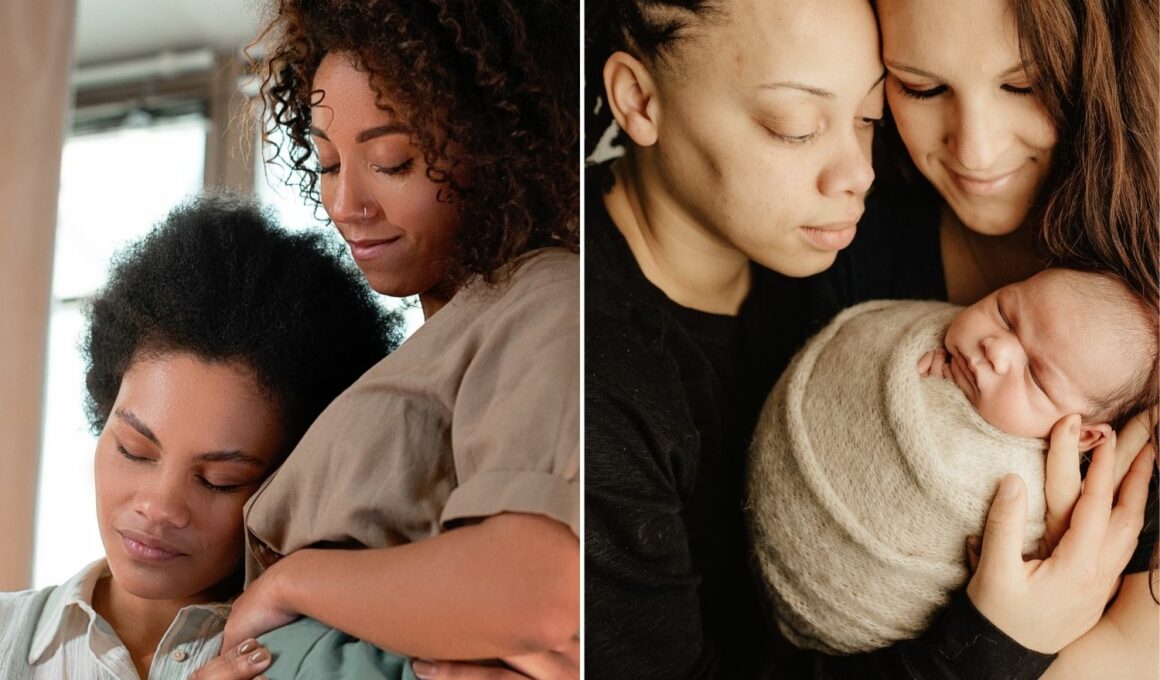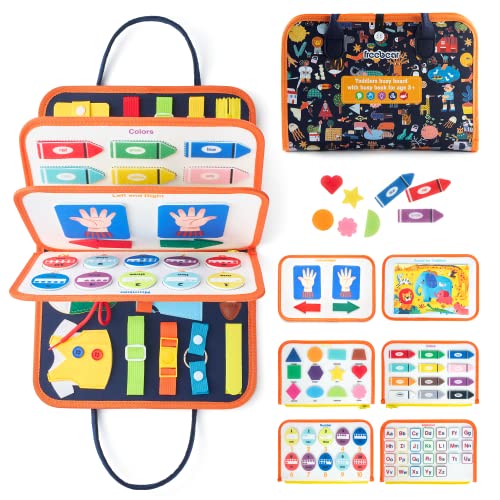In This Article Show
A few Key points
- Lesbians can have children.
- IVF, surrogacy, and adoption are all options for lesbians who want to have children.
- Based on their circumstances and desires, partners should choose the best options for them.
Lesbian couples who dream of having a baby often wonder if starting a family is possible without involving a male partner. The good news? Absolutely! With advancements in reproductive technology, same-sex female couples can now enjoy the joys of parenthood. But how does it work, and what options are available?
In this post, we’ll dive into the world of lesbian parenting and explore some of the most popular methods for conceiving a baby. Let’s get started!

Can Lesbians Have A Baby?
Yes, lesbians can have babies. Lesbian families are not different from other families, except that the parents are of the same gender. Most lesbian couples use assisted reproductive technologies (ART) to conceive their children. In vitro fertilization (IVF) is the most common ART used by lesbian couples.
During IVF, eggs are retrieved from one woman and fertilized with sperm from a donor. The embryos created are then implanted into the other woman’s uterus. Lesbian couples who use IVF typically use donor sperm from a known donor, such as a friend or family member, or from a sperm bank.
Lesbian couples can also conceive through intrauterine insemination (IUI), which is similar to IVF but does not involve retrieving eggs. Instead, sperm is inserted directly into the woman’s uterus using a syringe. IUI is less expensive and less invasive than IVF.
Great deals to snatch for your little ones 🎉
Many lesbian couples co-parent their children with another gay or lesbian couple. This arrangement allows each couple to have a biological connection to their child while still sharing parenting responsibilities. Co-parenting arrangements can be formal or informal and involve legal or non-legal agreements between the couples.
Exploring the Different Ways Lesbians Can Have a Baby

There are many different ways that lesbians can have a baby. Some couples may opt for traditional methods such as in vitro fertilization (IVF), while others may use donor sperm or eggs. Additionally, there are many ways to gestate a child, including carrying the pregnancy yourself, using a surrogate, or co-parenting with another lesbian couple.
IVF is often the first choice for lesbian couples who want to have a baby together. During IVF, eggs are retrieved from one partner and fertilized with sperm from a donor or sperm bank. The embryos created are then implanted into the other partner’s uterus. IVF can be expensive and requires careful planning, but it can be a successful way for lesbians to have a baby together.
Donor sperm or eggs can also be used to help lesbians have a baby. One partner may use donor sperm to inseminate herself at home, or the couple may opt for IVF using donor sperm or eggs. Donor insemination is usually less expensive than IVF and can be done without medical intervention. However, it does require finding a reputable donor who meets your specific criteria.
There are also many different ways to gestate a child as a lesbian couple. One option is for one partner to carry the pregnancy herself. This option requires no medical intervention and allows the couple to experience pregnancy together.
1. Artificial Insemination
Artificial insemination is a process by which sperm is inserted into the uterus using a syringe. This can be done either at home or at a fertility clinic.
The first step is to obtain sperm from a sperm bank or donor. The donor’s sperm is then thawed and mixed with a sterile solution. A speculum is then inserted into the vagina to visualize the cervix. A thin, flexible catheter is then inserted into the cervix and advanced into the uterus. The sperm is then injected through the catheter and into the uterus.
After artificial insemination, it is recommended that you rest for 30 minutes before getting up and going about your day as usual. Many women also choose to lie down for 15–20 minutes after insemination. You may experience some cramping after the procedure, which is normal. If you have any severe pain or does not go away, be sure to contact your doctor.
It takes about two weeks for implantation to occur after artificial insemination. Once implantation occurs, you will likely experience pregnancy symptoms such as nausea, fatigue, and breast tenderness. A blood test or ultrasound can confirm pregnancy about eight to ten days after implantation.
2. Surrogacy
Many lesbian couples choose to have a baby through surrogacy because it allows them to be involved in the pregnancy and birth process.
Surrogacy is the practice of another woman carrying and giving birth to a baby on behalf of another person or couple. The surrogate mother is not the child’s legal mother but provides the egg fertilized by the father’s sperm. The surrogate mother then carries the child until birth.
Traditional surrogacy and gestational surrogacy are the two types of surrogacy. The surrogate mother is also the child’s biological mother in traditional surrogacy because she provides the egg fertilized by the father’s sperm.
In gestational surrogacy, however, the surrogate mother is not the child’s biological mother. Instead, she carries a baby that has been conceived using an embryo that was created from either donor eggs or DNA from one or both parents.
Many lesbian couples choose to have a gestational surrogate carry their baby because it allows them to be genetically related to their child. If you are considering having a baby through surrogacy, it’s important to research and finds a reputable surrogate agency that can help you through the process.
3. Adoption
Another way that lesbians can have a baby is through adoption. There are many different adoption agencies out there, and many support LGBT couples. In fact, even some agencies specifically work with LGBT couples who want to adopt. The adoption process can be long and expensive, but it is worth it for those who want to build their family through adoption.
Tips for Creating a Happy and Healthy Family
There are many ways to create a happy and healthy family, but here are a few key tips:
- Talk about your expectations and needs with your partner. You must be on the same page when it comes to starting a family so that you can both be prepared for the challenges and joys ahead.
- Seek out, supportive family and friends. Building a supportive network will help you through the ups and downs of parenthood.
- Be patient and flexible. Parenting is unpredictable, so follow the flow as much as possible.
- Make time for yourself and your relationship. Remember to nurture your happiness and connection with your partner – it’s essential for a healthy family dynamic.
In Conclusion
Lesbians can have a baby in many ways, all requiring some form of medical intervention. The most common methods are via IVF, donor sperm, or surrogacy, but there are various other options available to lesbians who want to become parents.
Ultimately the decision comes down to what works best for each couple based on their circumstances and desires.
Regardless of your route, it is important to ensure both partners feel comfortable with the process before deciding on any particular option. With the right support network and a good understanding of your options, having a baby as a lesbian couple can be an enriching experience!













